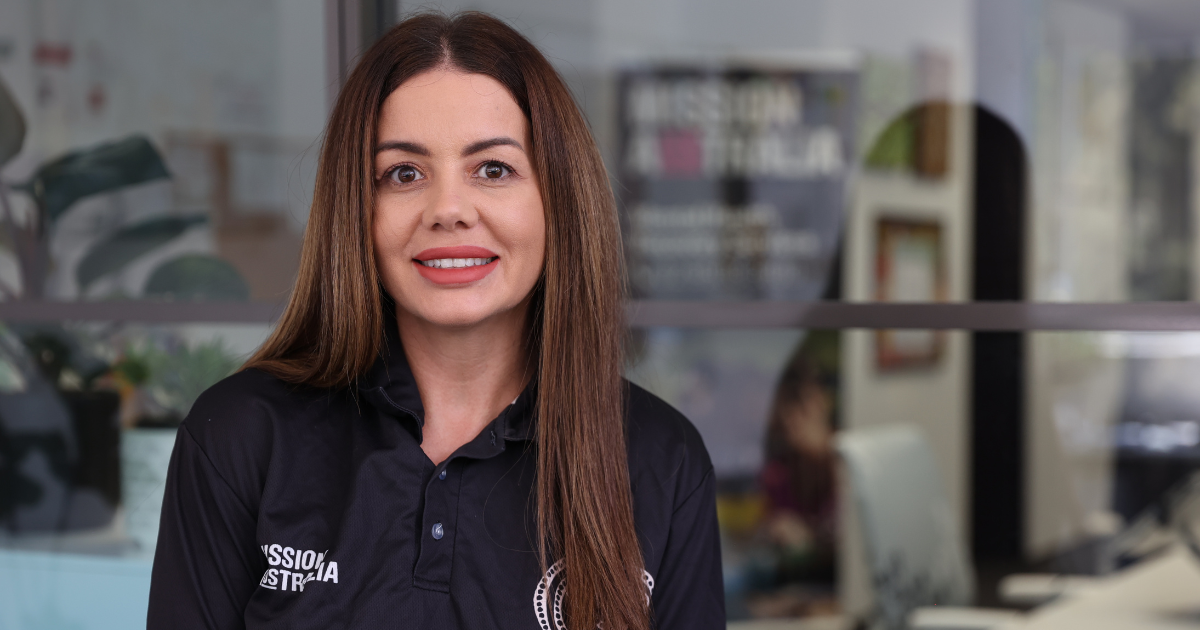How to spot an unhealthy relationship
Relationships are central to our lives. Whether it’s a relationship with a life-long friend, intimate partner, family member or colleague, even the best of our relationships can face challenges and fractures over time. From poor communication and conflict resolution to controlling behaviour, there are telltale signs that a relationship is harmful or becoming unhealthy. Learning how to spot unhealthy relationships in our lives or in the lives of those around us, can help us safeguard our wellbeing and protect the people we care about.
Four signs of an unhealthy relationship
1. Isolation and withdrawal
While relationships take time, effort and investment, one of the subtle signs that a relationship may be unhealthy is withdrawal or isolation. In healthy relationships, individuals are free to pursue hobbies, interests and passions outside of the relationship. It can be unhealthy and potentially harmful for someone to isolate themselves from friends and family in order to be close to an intimate partner.
Tanya Molloy, Program Manager of Staying Home Leaving Violence, one of our domestic and family violence programs, says isolation is one of the most obvious signs of an unhealthy relationship.
People withdrawing from their family, friends or support networks, usually indicates an unhealthy relationship.” - Tanya Molloy, Program Manager of Staying Home Leaving Violence
Early signs of isolation in a relationship can feel like; being unable to meet friends and family, quitting the activities you once enjoyed or having an overly jealous partner.
2. Poor conflict resolution
Conflict is a natural part of any relationship and learning how to resolve conflict respectfully is an essential skill. In unhealthy relationships, conflict can spiral out of control, resulting in hurtful comments and a reluctance to reach a compromise.
Some examples of an unhealthy pattern of conflict resolution can include:
- Shouting or throwing objects as a form of intimidation
- Hostility or prolonged silence towards a partner
- Dishonesty or lying
- Accusing others rather than taking responsibility
- Disrespecting the opinions, beliefs or emotional boundaries of another.
Open communication is a strong sign of a healthy relationship. Learn more about healthy relationships.
3. Controlling behaviour
Two individuals in healthy relationships are equal, and everyone should feel empowered to make choices over their finances, body and life.
In an unhealthy relationship, one person exercises power and control over another by creating fear, being disrespectful, or exerting physical or emotional control.” - Tanya Molloy, Program Manager of Staying Home Leaving Violence
Controlling behaviour in a relationship can look like:
- Feeling pressured or intimidated to make a certain decision or act a certain way
- An overly dependent partner that threatens drastic action if the relationship ends
- A partner exerting physical force to get their way
- Pressuring or forcing a partner to engage in sexual activity without consent
- Emotional manipulation such as love-bombing, gaslighting and more.
While controlling behaviour doesn’t always equate to violence in a relationship, it can be indicative of risk factors associated with family and domestic violence.
4. Violent and abusive behaviour
Healthy relationships will go through ups and downs, but abuse and violence are repeated pattern of behaviour that can leave someone feeling threatened and unsafe.
Domestic and family violence refers to violent behaviour between current or former intimate partners or between family members. Incidents of domestic and family violence can involve a range of physical, emotional, financial and verbal forms of abuse. Typically, one partner or individual will try to exert power and control over the other, usually through fear. Read more about the types of domestic and family violence.
While both men and women can experience violence, but there are gendered patterns – in Australia, women are much more likely than men to experience violence from an intimate partner.

Where to get help
Acknowledging that one of your relationships may be unhealthy or potentially harmful can be overwhelming to cope on your own. It can also be difficult to see the bigger context when trying to look at a relationship outside of our own lens. Whether it’s a relationship you need help navigating, a behaviour you want to change or advice to support a loved one involved in an unhealthy relationship, reach out to:
- If your life is in danger, contact emergency services on 000 immediately.
- Lifeline —13 11 14 or chat online.
- MensLine Australia —1300 78 99 78.
- Relationships Australia — 1300 364 277.
Read more about domestic and family violence or locate a Mission Australia service near you.
1ABS 2017: Personal safety, Australia, 2016
Related news and stories
Read about what we’ve been working on, our stance on important social issues and how you make a difference to vulnerable Australians' lives.
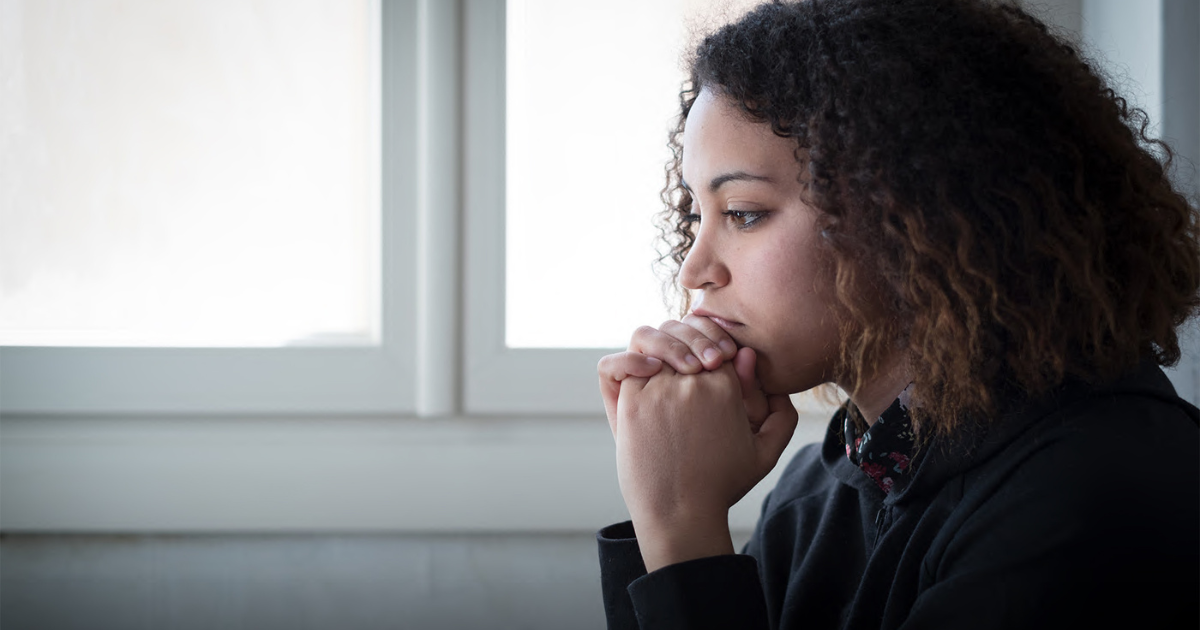
Three priorities at the 2025 Federal Election
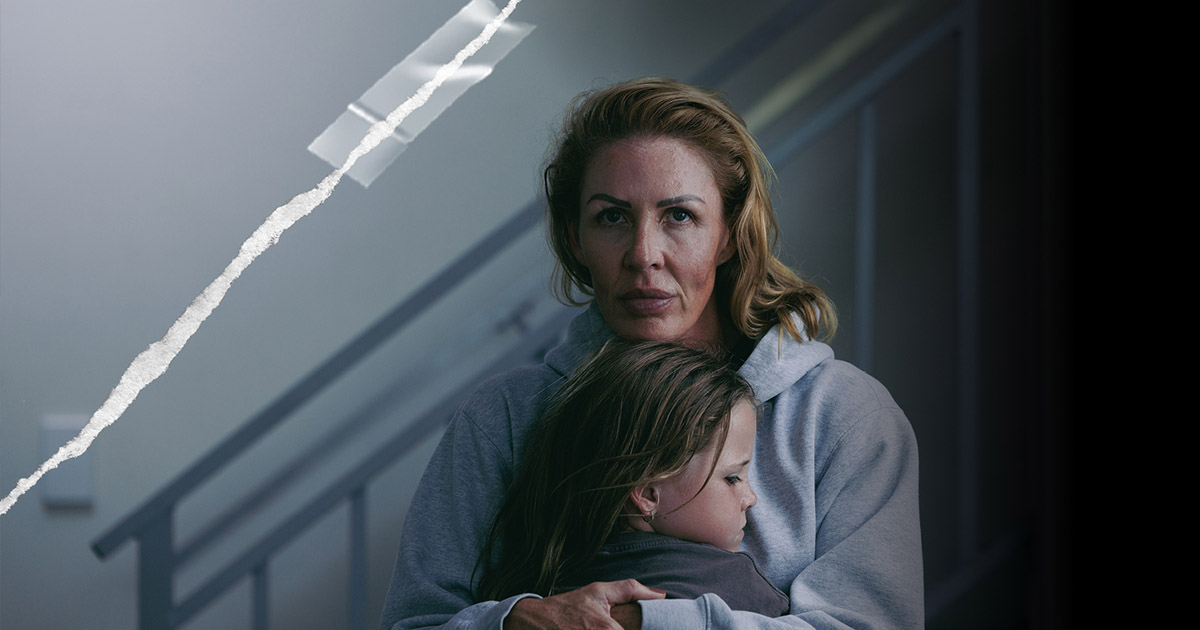
From fear to freedom: Cass’ story

Women helping women: Karla’s story
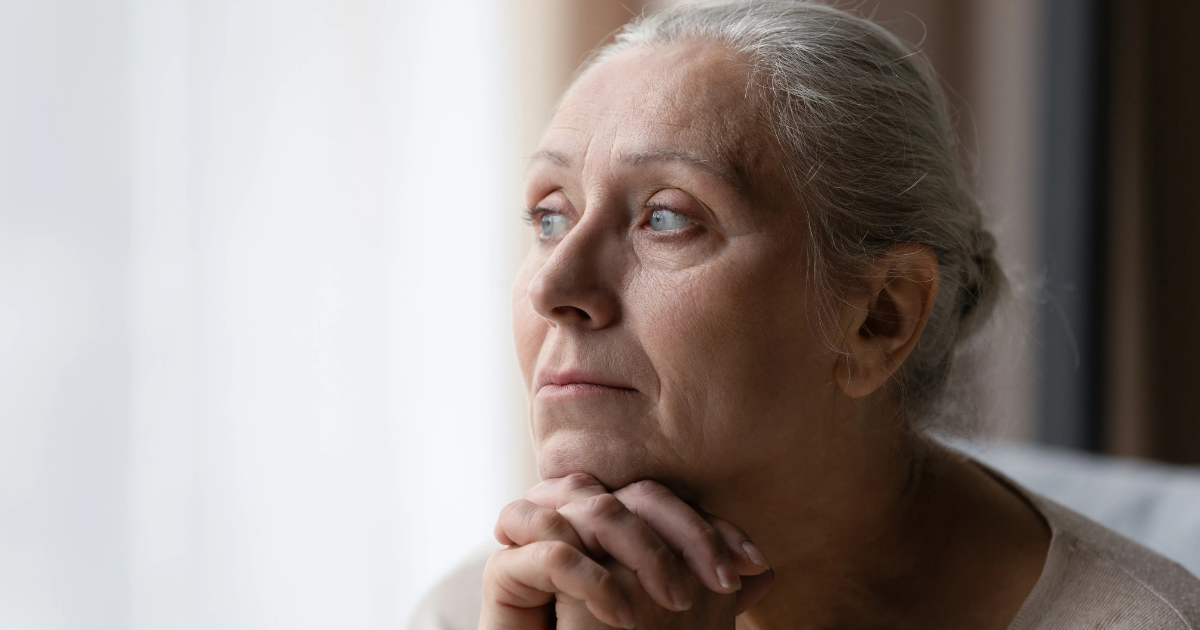
Helping older women find safe homes
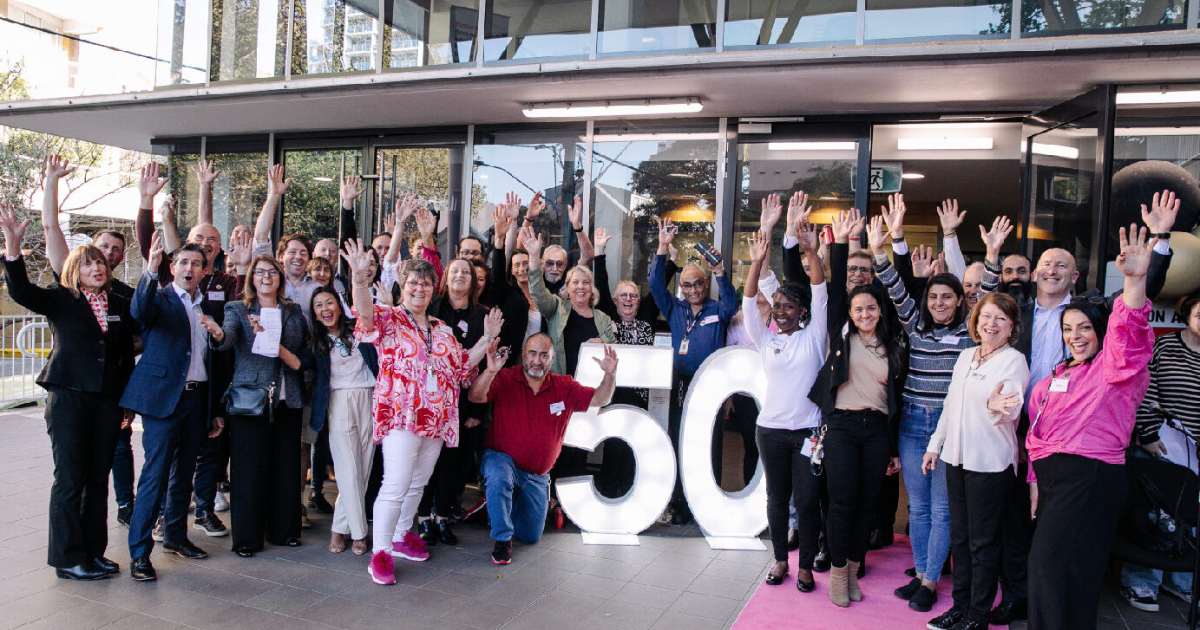
Celebrating 50 years of helping people in Surry Hills
